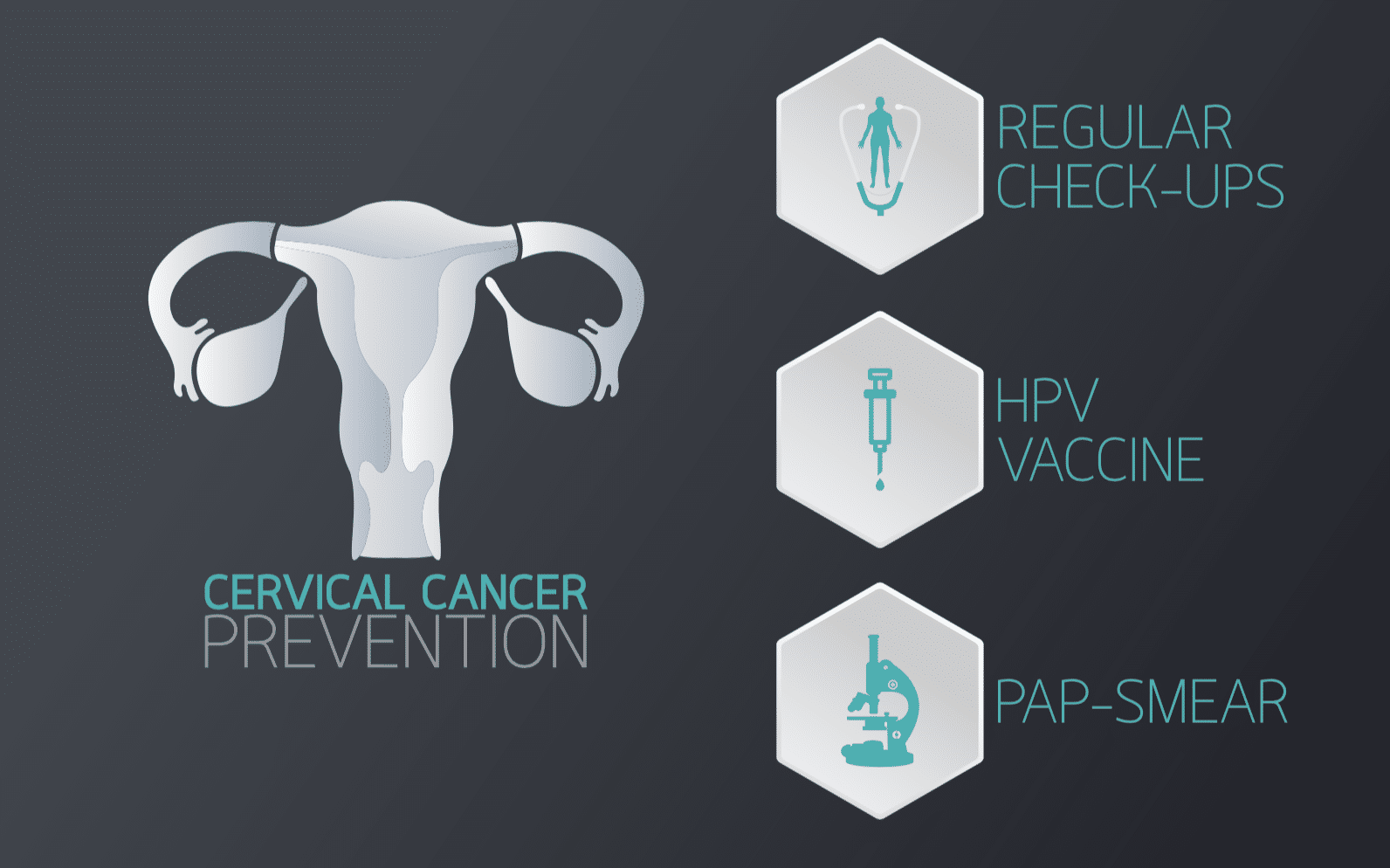Why Cervical Cancer Screening is So Important
Cervical cancer is the fourth most common cancer in women across the globe. In the U.S., over 13,000 women are diagnosed every year and more than 4,000 women will lose their battle with this disease annually. Though it is a common form of cancer, it is also one of the most preventable.
Nearly all cervical cancers are caused by the human papillomavirus (HPV). When a woman contracts HPV, which is passed from person to person during sex, her cervix can change, and this can lead to cervical cancer over time. Regular health screenings can help prevent and detect early signs of cervical cancer.
Risk Factors
Cervical cancer is most common in women ages 35 to 44, but it can affect women at any age. While HPV often clears up on its own within two years, there is a chance that it could lead to cervical cancer in the future. Some things that may increase your risk of developing cervical cancer include:
- Smoking
- Taking birth control for five or more years
- Giving birth three or more times
- Having multiple sexual partners
- Being diagnosed with HIV (or any other health issue that prevents your body from fighting off disease)
How to Protect Yourself
The most important thing you can do to prevent cervical cancer is to get annual screenings from your healthcare provider, including regular pap tests. Cervical cancer can take years to develop, and pap tests are not required annually for women who have had normal test results between the ages of 21-29. At this point, they are recommended every three years. However, if you have had irregular pap tests or a medical history that requires it, yearly pap testing may still be recommended. Though pap testing is not required annually, it is still recommended that you get a full pelvic exam every year from your provider.
HPV Testing for Cervical Cancer Screening
It has also become accepted for HPV tests to also be used as cervical cancer screenings. An HPV test is done using the same cells collected for a pap test and detects infections caused by high-risk types of HPV. You can have an HPV test performed alone or with a pap test, depending on your healthcare provider’s recommendations.
Symptoms of Cervical Cancer
While regular screenings may detect cervical cancer before you notice any symptoms, please call your healthcare provider if you notice any of the following:
- Any abnormal bleeding: after sex, between menstrual periods, after pelvic exams or after menopause
- Pelvic pain that is not related to your menstrual period
- Discharge that is heavy or unusual and watery or thick with a possible odor
- An increase in urination and/or pain during urination

Schedule Your Cervical Cancer Screening Now
Cervical cancer was once the number one cause of cancer death for women in the U.S., but with an increase in routine screening, we’ve seen a decline in the death rate and a significant rise in early detection. It is very important to get your routine health screening to catch this cancer early and treat it as soon as possible. If you’re due for a screening, please contact AxessPointe to schedule your exam and speak with your healthcare provider about the best screening routine for you.
Sources:
American Cancer Society:
https://www.cancer.org/cancer/cervical-cancer/about/key-statistics.html
CDC:
https://www.cdc.gov/cancer/cervical/basic_info/index.htm
https://www.cdc.gov/cancer/cervical/basic_info/risk_factors.htm
National Cervical Cancer Coalition
https://www.nccc-online.org/hpvcervical-cancer/cervical-cancer-overview/


